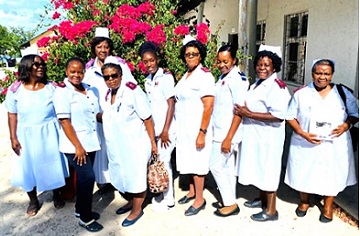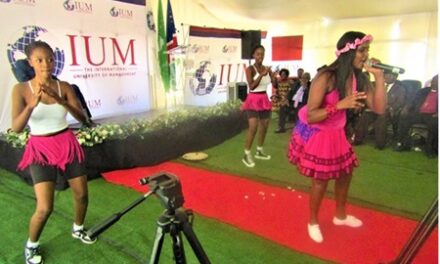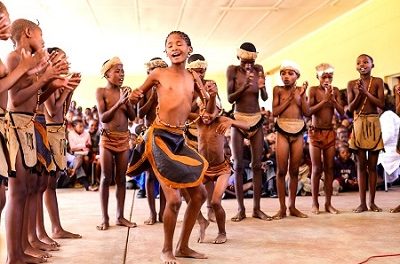A documentary film, first of its kind in northern Namibia, will soon be released in an effort to celebrate and immortalize the lives and work of pioneer medical practitioners who served between 1950s and 1980s at Onandjokwe Mission Hospital.
This first documentary of oral history was produced by Mr. Kleopas Nghikefelwa and Elly Moo Production (ZOPA), in Oniipa, from 2023 to 2024. The production was made possible wish sponsorship from a Good Samaritan in Lieto Parish, in Finland.
According to Agnes Van Dyk, author of the ‘History of Nursing in Namibia’ (Published 1994) “The names and contributions of the pioneers of medical mission, to Namibia’s national health care, should not be forgotten”.
“As without their great sacrifice,” Van Dyk stated, “the Lutheran Church’s mission in Owambo society would have been partially successfully. Also, without them, the health care services for the black (majority) population in Northern Namibia would have been delayed for many years by the old South Africa colonial government that ruled Namibia with an iron fist, from 1920s till 1989”.
Nghikefelwa, who is a museum curator at Onandjokwe, says that it is for this reason that the film was made. “These pioneers deserve a heroic and honored place in the book of Namibian history of nursing and medical science, and immortalize them on film.”
“They may qualify also to be called the pioneers of medical and nursing services in this part of the world (southern part of Africa). Because in many parts of this Southern Africa, the indigenous medical professionals and trained nurses were very few at the time,” Nghikefelwa says.
“They were also only allowed to serve their fellow black population in health care facilities, which were underdeveloped by their colonial governments.”
Nghikefelwa points out that today, in Namibian society, Onandjokwe’s pioneers of medical mission in northern Namibia who served between 1950s and 1980s are portrayed as hard working community’s heroes and heroines, who had great courage to enter the first nursing and medical training in Owambo or Southern Africa.
At the same time, they are also praised for laying a strong foundation of medical healthcare in their communities, where they served for decades, providing better health care services to all people.
“Even during the war of Namibia’s independence (1966-1989), some of the Onandjokwe medical pioneers also risked their lives to treat and care for wounded people, both civilians and armed SWAPO/PLAN fighters,” he states.
“Their names truly deserve to be displayed and remembered also in Onandjokwe Medical Museum, which promotes Namibia’s and Onandjokwe’s medical history.”
Through this documentary film (of oral history), some of Onandjokwe’s pioneers of medical mission in northern Namibia are sharing their own personal stories and experiences of service during difficult times.
“That is what made them true Namibian heroes and heroines in their communities,” Nghikefelwa explains.
The filming and visual production of the documentary was done by Elly Moo Production (ZOPA), one of the top film producing companies in northern Namibia.
In the photo: An image of some of the pioneer local nurses at Onandjokwe Mission Hospital in northern Namibia.







